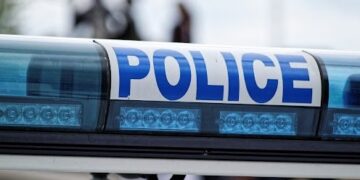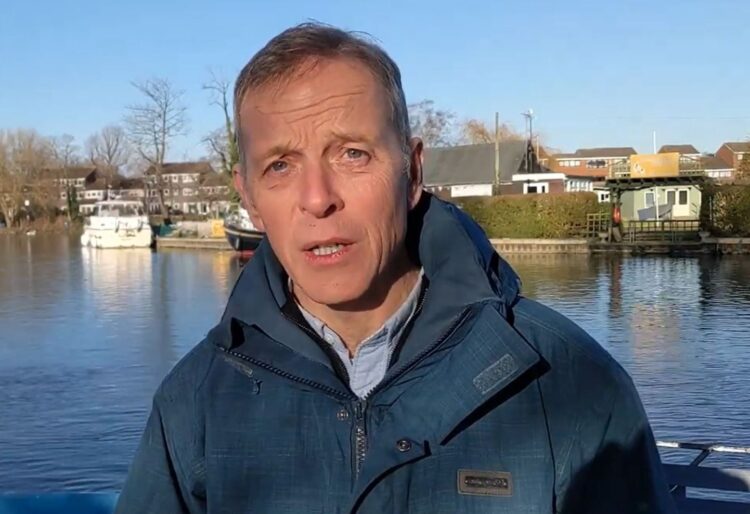Many residents have contacted me about the impact of littering and fly-tipping in our town. These issues not only affect the appearance of our streets and green spaces but also have wider environmental and social consequences.
I welcome Reading Borough Council’s strengthened approach to tackling the problem through the launch of a new enforcement partnership. Five additional environmental enforcement officers have joined the Council’s existing team under a one-year agreement with Kingdom Local Authority Support. The partnership, which operates at no cost to the Council, allows for patrols seven days a week across the borough. Officers wear body-worn cameras and have the authority to issue Fixed Penalty Notices to those who commit environmental offences. Penalties can reach up to £500 for littering, £1,000 for fly-tipping, and £600 for incorrect household waste disposal.
I am pleased that the Council has taken this step in direct response to residents’ concerns about the impact of littering and fly-tipping on our communities. By expanding its enforcement capacity, the Council aims to deter offending and promote a cleaner, safer environment for residents. This approach also enables the Council’s internal environmental enforcement officers to focus on investigating more complex cases and delivering prevention and education initiatives.
I also welcome the Council’s continued efforts to promote responsible waste management through its participation in national campaigns. During this year’s Recycle Week, Reading joined the Rescue Me, Recycle initiative, highlighting what materials can and cannot be recycled. Clear information and engagement help residents reduce contamination in recycling bins and improve overall recycling rates across the borough.
Local volunteer groups continue to play an important role in maintaining Reading’s public spaces. I would like to acknowledge the valuable work of community groups such as Keep Caversham Tidy and the Katesgrove Community Association. These volunteers regularly organise litter-picking events and help to keep streets, parks, and riversides clean. Their efforts demonstrate the civic pride that so many residents feel in their local areas and complement the Council’s enforcement and education work.
At a national level, the Government has taken further action to reduce waste and protect the environment. The ban on the sale of single-use vapes, which came into effect in June, is aimed at preventing disposable vaping products from adding to litter and plastic waste. This measure encourages the use of refillable alternatives and supports broader efforts to reduce non-recyclable waste.
Looking ahead, I am pleased that the Labour Government is introducing a deposit return scheme for drinks containers, which is due to begin in 2027. The scheme will allow consumers to get money back when returning bottles and cans to designated collection points, such as supermarkets. This approach, already used successfully in several European countries, is expected to significantly reduce the number of single-use containers that end up as litter.
I also recognise the importance of international cooperation on environmental issues. The Government’s participation in the Global Plastics Treaty negotiations reflects a commitment to reducing plastic pollution and protecting oceans and wildlife through coordinated global action.
Littering and fly-tipping remain persistent challenges, but action is being taken locally, nationally, and internationally to address them. I will continue to support initiatives that strengthen enforcement, promote recycling, and protect our environment. Together, through partnership between residents, local authorities, and government, we can ensure Reading remains a cleaner and more sustainable place for future generations.
























